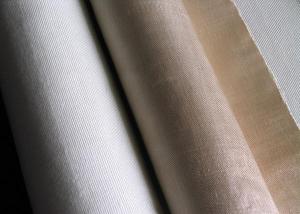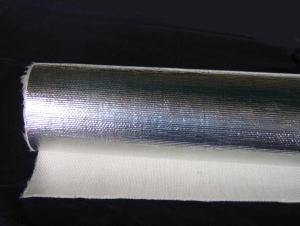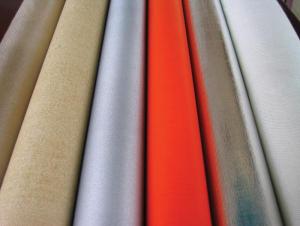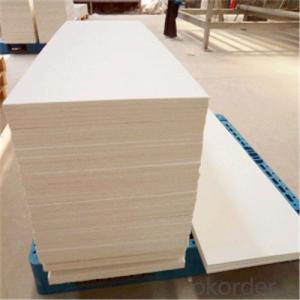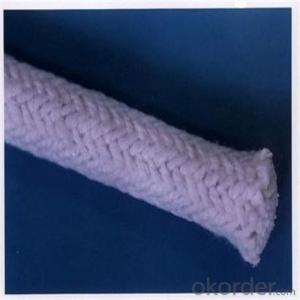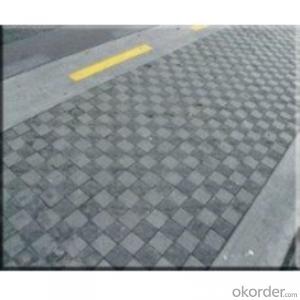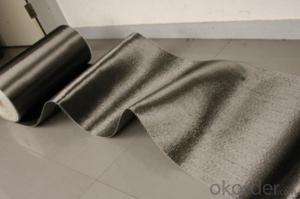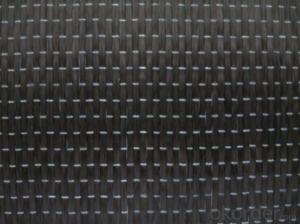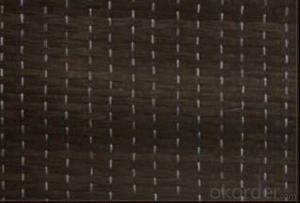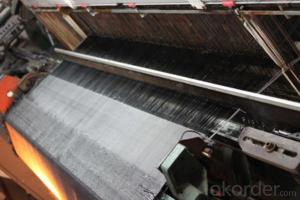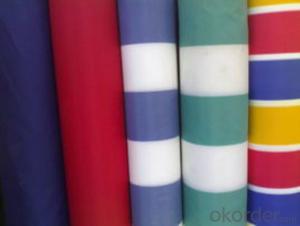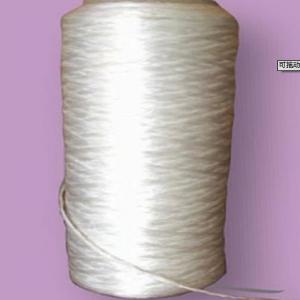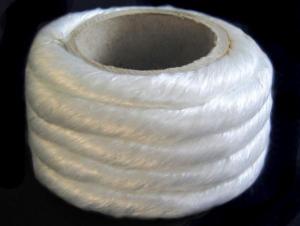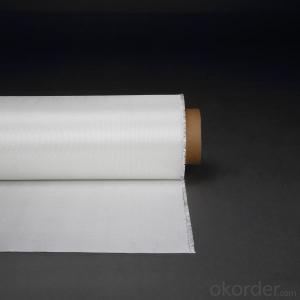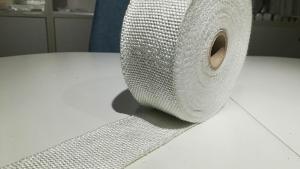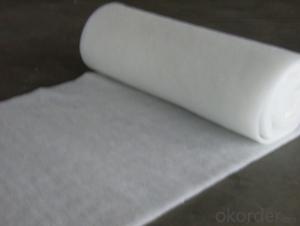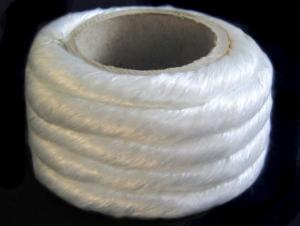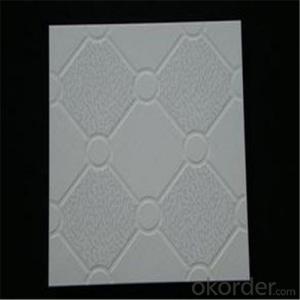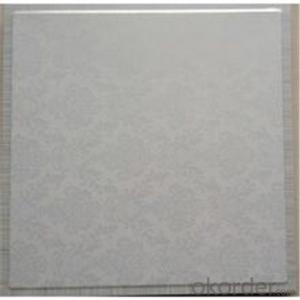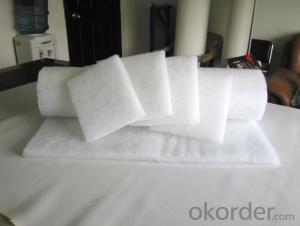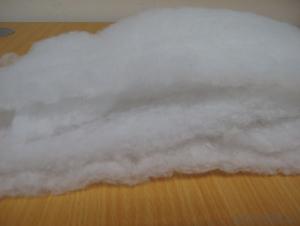Textured Fiberglass Cloth
- Loading Port:
- China Main Port
- Payment Terms:
- TT or L/C
- Min Order Qty:
- 10 tons kg
- Supply Capability:
- 20*20FCL Per Month kg/month
OKorder Service Pledge
OKorder Financial Service
You Might Also Like
Specifications of Textured Fiberglass Cloth
1. Texturized fiberglass cloth 2. High temperature resistance 3. Fireproof 4. Thermal insulation
Texturized Fiberglass Cloth Description:
2. Insulating properties depend upon conductivity and radiation and these are influenced by the fabric construction.
3. It is the ideal substitue of the asbestos cloth.
4. It can resist 450-550C.
Texturized Fiberglass Cloth Application:
1. All types of thermal insulation and heat protection.
2. Welding blankets and fire curtains.
3. Expansion joints.
4. Basic cloth for coatings and laminations.
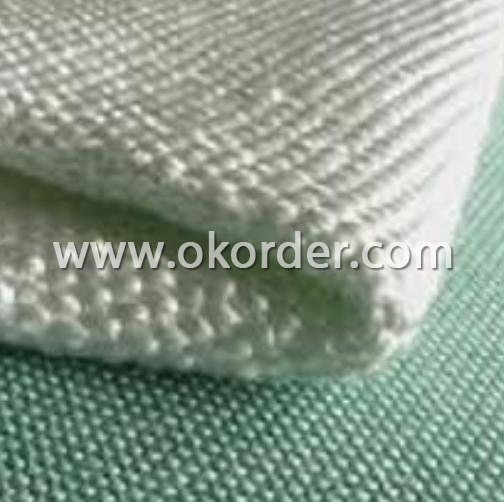
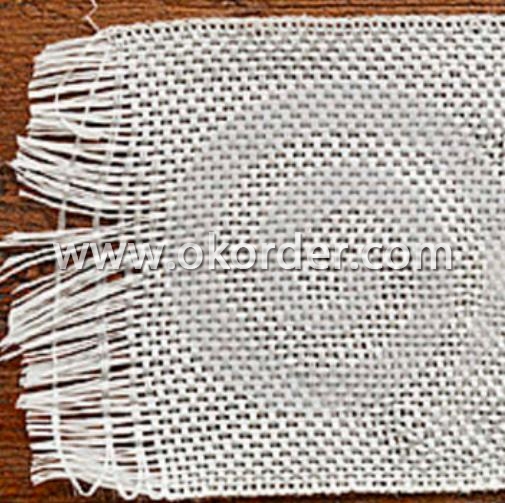
- Q:Can glass fiber textile be used in prosthetics?
- Yes, glass fiber textile can be used in prosthetics. Glass fiber textiles are strong, lightweight, and have high tensile strength, making them suitable for various applications including prosthetics. They can be used to reinforce and provide structural support to prosthetic limbs, allowing them to withstand the mechanical stresses and strains experienced during movement. Additionally, glass fiber textiles can be shaped and molded to fit the contours of the body, ensuring a comfortable and customized fit for the wearer. The use of glass fiber textiles in prosthetics can enhance their durability, functionality, and overall performance, ultimately improving the quality of life for individuals with limb loss or limb impairment.
- Q:How do glass fiber textiles perform in terms of thermal insulation?
- Glass fiber textiles perform excellently in terms of thermal insulation. They have high thermal resistance and low thermal conductivity, which helps to prevent heat transfer and maintain desired temperatures. Additionally, their insulation properties are unaffected by moisture, making them ideal for a wide range of applications requiring thermal protection.
- Q:Can glass fiber textiles be ironed?
- No, glass fiber textiles cannot be ironed as they have a low melting point and can be easily damaged by heat.
- Q:Are glass fiber textiles resistant to chemical spills?
- Yes, glass fiber textiles are generally resistant to chemical spills due to their non-reactive nature and high chemical resistance.
- Q:Can glass fiber textiles be composted?
- No, glass fiber textiles cannot be composted because they are made from inorganic materials, specifically glass fibers, which do not break down naturally in composting processes.
- Q:Can glass fiber textiles be used in reinforcement of wool fibers?
- Indeed, the utilization of glass fiber textiles can reinforce wool fibers. Fiberglass, commonly known as glass fiber textiles, is renowned for its exceptional strength and resilience. When combined with wool fibers, which possess inherent insulating and moisture-wicking qualities, the resultant composite material gains heightened strength, improved thermal attributes, and enhanced resistance to degradation. Consequently, this composite material becomes suitable for a wide array of applications, including the creation of insulation materials, protective garments, and even within the automotive and aerospace sectors. Moreover, the amalgamation of glass fiber textiles and wool fibers achieves a harmonious blend of natural and synthetic materials, rendering it an environmentally conscious alternative.
- Q:Can glass fiber textiles be used in automotive applications?
- Yes, glass fiber textiles can be used in automotive applications. They are commonly used in the manufacturing of car parts such as dashboards, seats, door panels, and insulation. Glass fiber textiles provide high strength, durability, and heat resistance, making them suitable for various automotive components.
- Q:Who knows anything about glass fiber?
- The main component of glass fibre and its main components are silica, alumina, calcium oxide, boron oxide, sodium oxide, Magnesium Oxide, depending on the amount of alkali content in glass, can be divided into non alkali glass fiber (Na2O 0% ~ 2%, which belongs to the aluminum borosilicate glass), glass fiber (8% ~ sodium sodium calcium silicate glass 12%, a boron containing or not containing boron) and high alkali glass fiber (Na2O 13%, sodium calcium silicate glass).
- Q:Can glass fiber textiles be used for making bags or luggage?
- Yes, glass fiber textiles can be used for making bags or luggage. Glass fiber textiles, also known as fiberglass, have several properties that make them suitable for bag and luggage manufacturing. Firstly, glass fiber textiles are known for their high strength-to-weight ratio. This means that bags and luggage made from glass fiber textiles can be lightweight yet strong enough to withstand the rigors of travel and everyday use. Additionally, glass fiber textiles are highly resistant to tearing, puncturing, and abrasion, making them durable and long-lasting. Moreover, glass fiber textiles have excellent dimensional stability, meaning that bags and luggage made from this material will maintain their shape and structure over time. Lastly, glass fiber textiles can be molded into various shapes and designs, allowing for creative and stylish bag and luggage designs. Overall, glass fiber textiles are a viable option for making bags or luggage due to their strength, durability, and versatility.
- Q:Are glass fiber textiles suitable for medical and healthcare products?
- Yes, glass fiber textiles are suitable for medical and healthcare products. Glass fiber textiles, also known as fiberglass textiles, possess several beneficial properties that make them ideal for use in this industry. Firstly, glass fiber textiles are highly resistant to chemicals, making them suitable for use in sterile environments such as hospitals and clinics. They can withstand exposure to various cleaning agents, disinfectants, and even harsh medical chemicals without deteriorating or losing their structural integrity. Secondly, glass fibers are non-toxic and do not release any harmful substances, making them safe for use in medical and healthcare products. This is particularly important in applications where patient safety is of utmost importance, such as wound dressings, surgical drapes, and medical implants. Furthermore, glass fiber textiles have excellent thermal insulation properties. They can provide insulation against heat or cold, which is beneficial in medical applications where temperature control is crucial, such as incubators, thermal blankets, or temperature-sensitive packaging. Glass fibers are also known for their high tensile strength and durability. They can withstand repeated use, washing, and sterilization without losing their mechanical properties. This makes them ideal for use in products that require long-term durability, such as bandages, medical gauze, or prosthetic devices. Moreover, glass fiber textiles have a high level of dimensional stability, meaning they maintain their shape and size over time. This property is particularly useful in applications where precise measurements and fit are essential, such as compression garments or orthopedic supports. In conclusion, glass fiber textiles are indeed suitable for medical and healthcare products. Their resistance to chemicals, non-toxic nature, thermal insulation properties, durability, and dimensional stability make them highly valuable in various healthcare applications, ensuring the safety and comfort of patients while maintaining high-quality standards.
1. Manufacturer Overview |
|
|---|---|
| Location | Beijing, China |
| Year Established | 1992 |
| Annual Output Value | Above US$ 3 Million |
| Main Markets | North America;Southeast Asia ;Western Europe ;Middle East |
| Company Certifications | ISO 9001:2008 |
2. Manufacturer Certificates |
|
|---|---|
| a) Certification Name | |
| Range | |
| Reference | |
| Validity Period | |
3. Manufacturer Capability |
|
|---|---|
| a)Trade Capacity | |
| Nearest Port | Tianjing |
| Export Percentage | 60% - 70% |
| No.of Employees in Trade Department | 21-50 People |
| Language Spoken: | English; Chinese |
| b)Factory Information | |
| Factory Size: | Above 10,000 square meters |
| No. of Production Lines | Above 8 |
| Contract Manufacturing | |
| Product Price Range | High; Average |
Send your message to us
Textured Fiberglass Cloth
- Loading Port:
- China Main Port
- Payment Terms:
- TT or L/C
- Min Order Qty:
- 10 tons kg
- Supply Capability:
- 20*20FCL Per Month kg/month
OKorder Service Pledge
OKorder Financial Service
Similar products
New products
Hot products
Hot Searches
Related keywords
